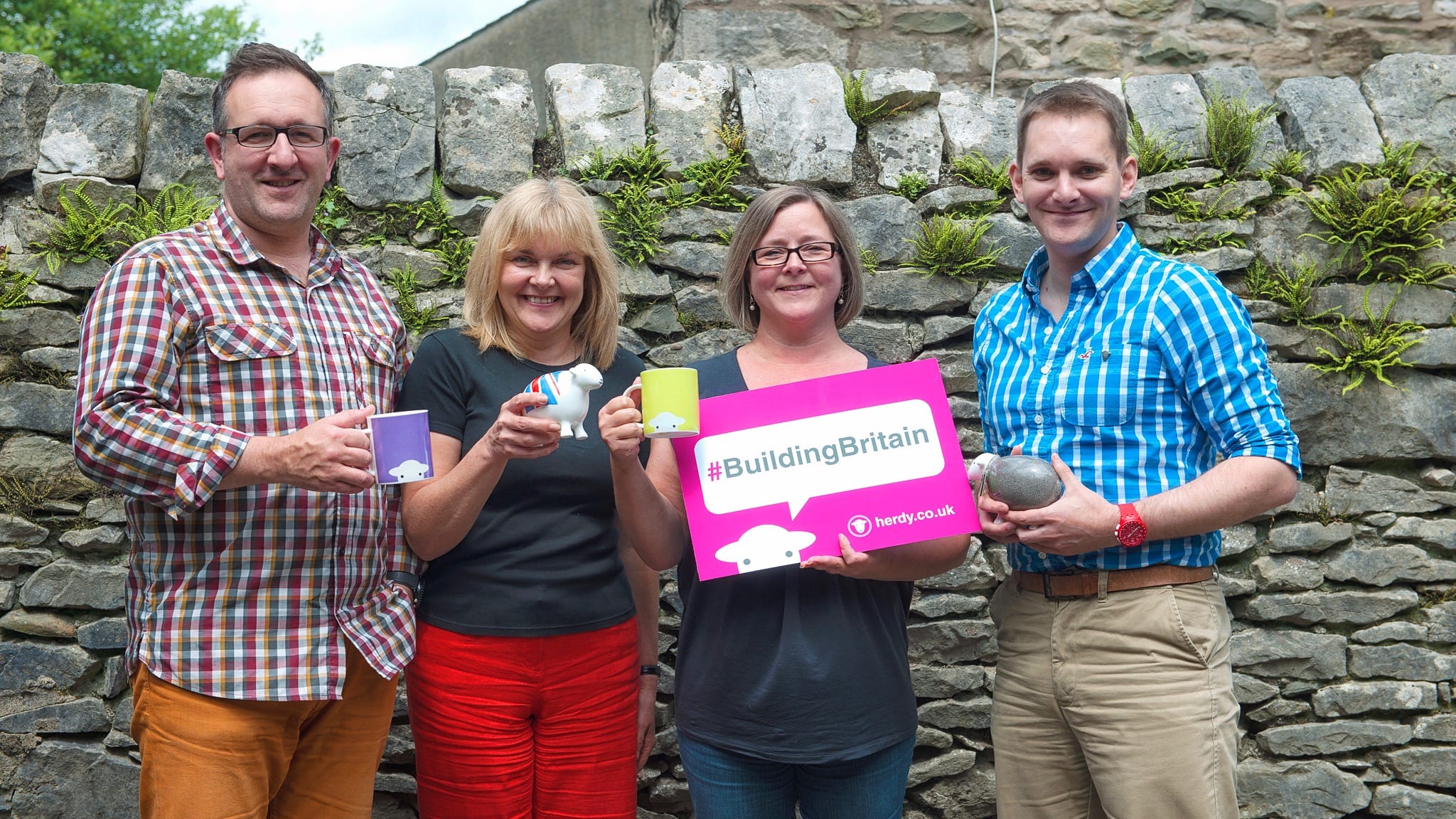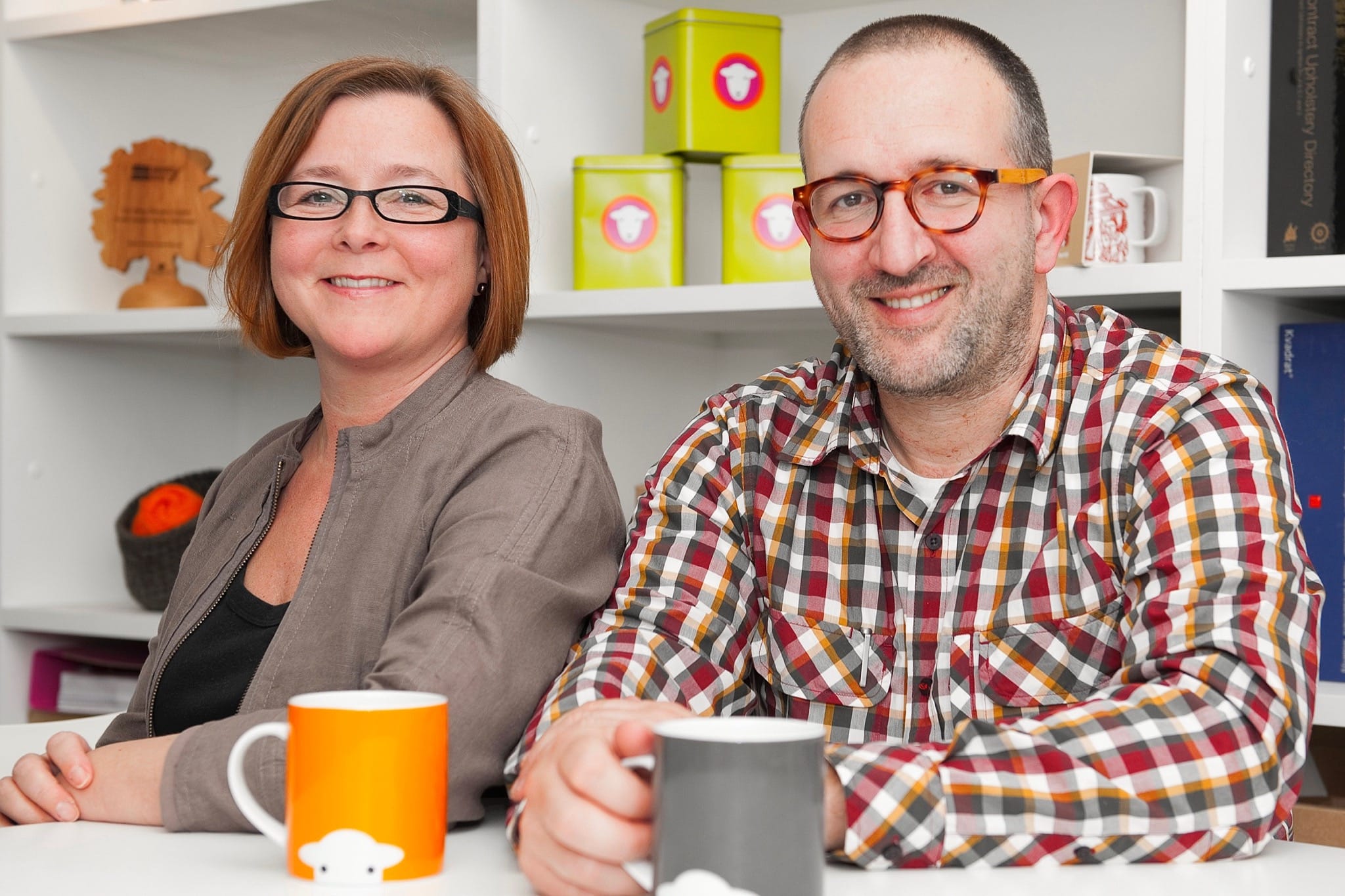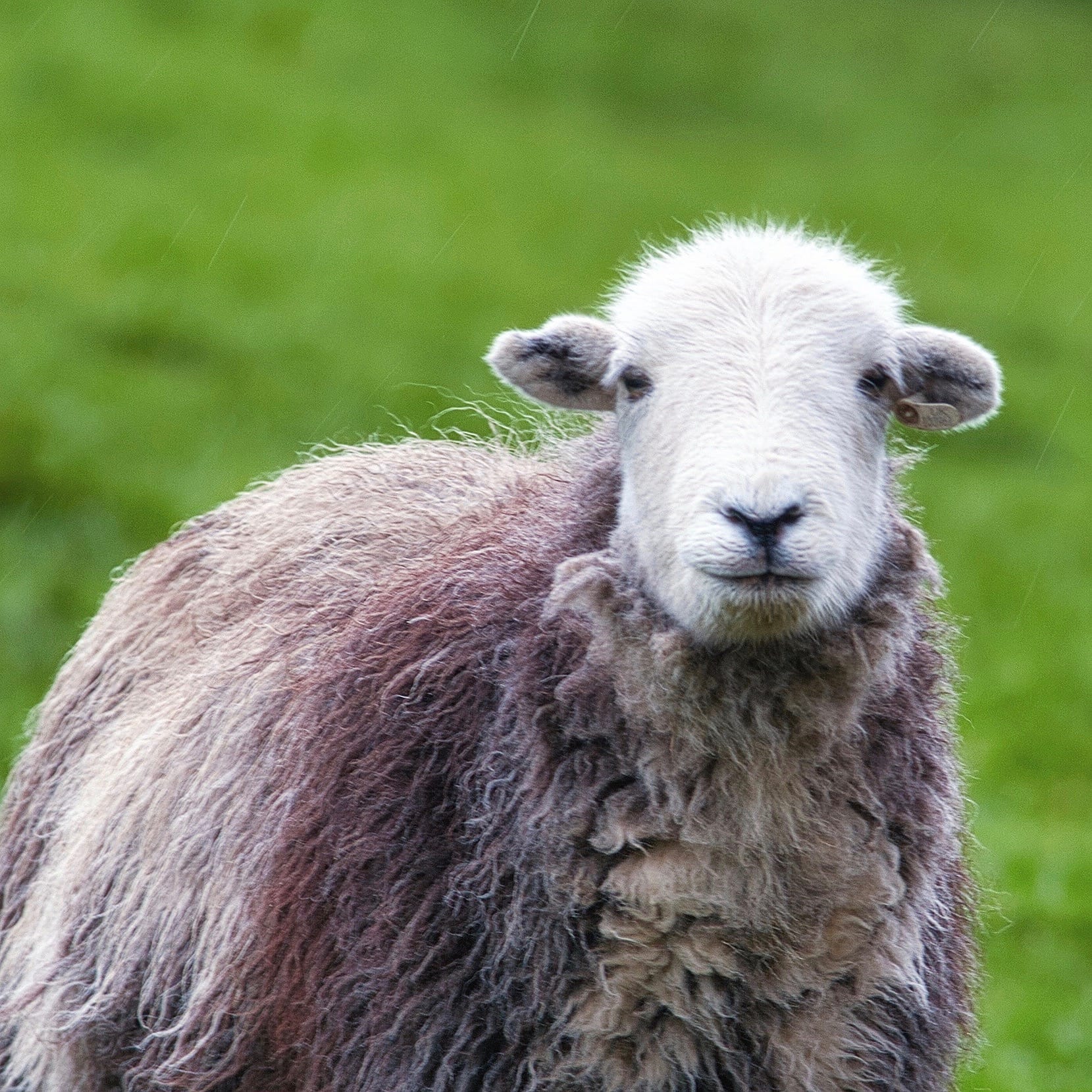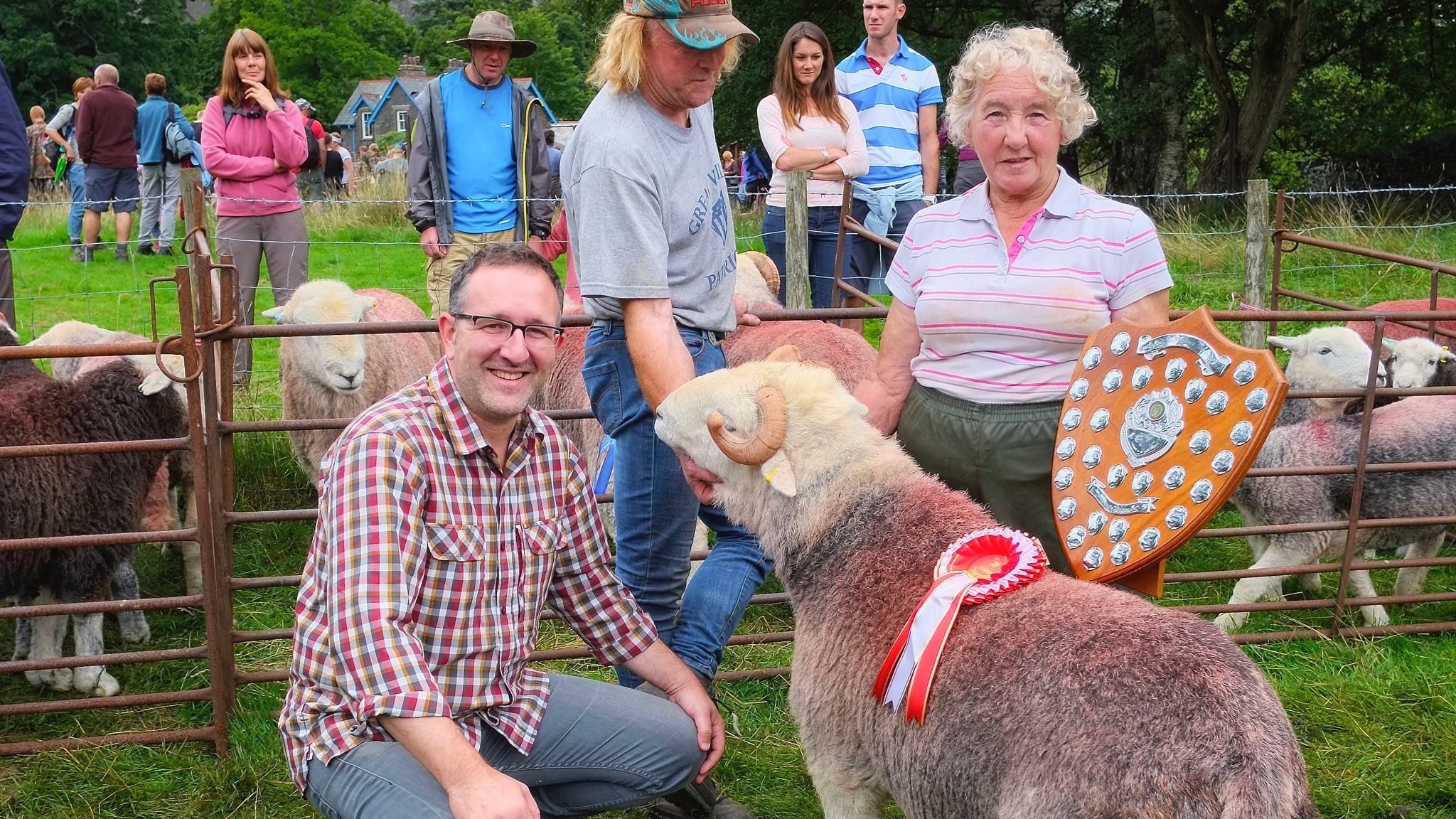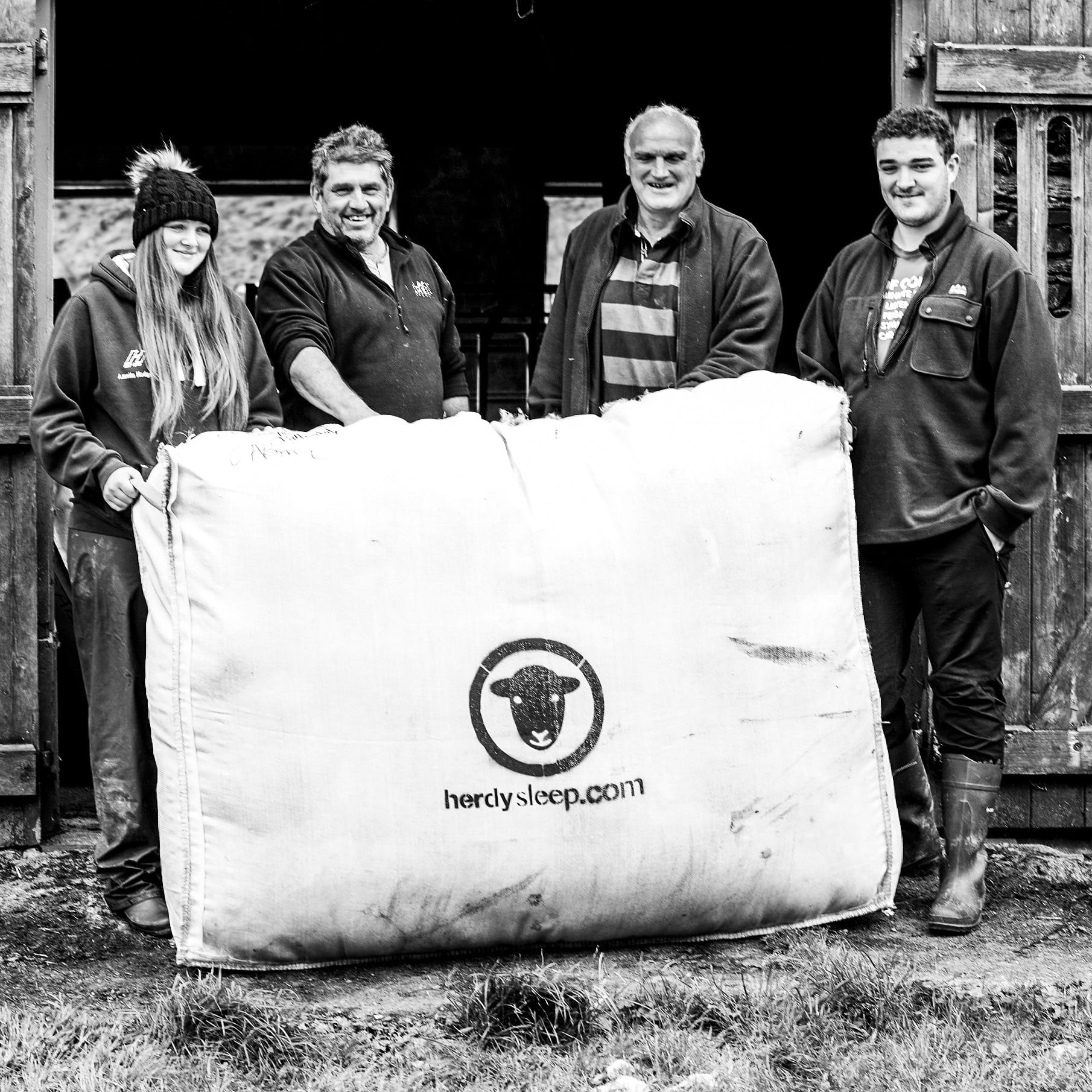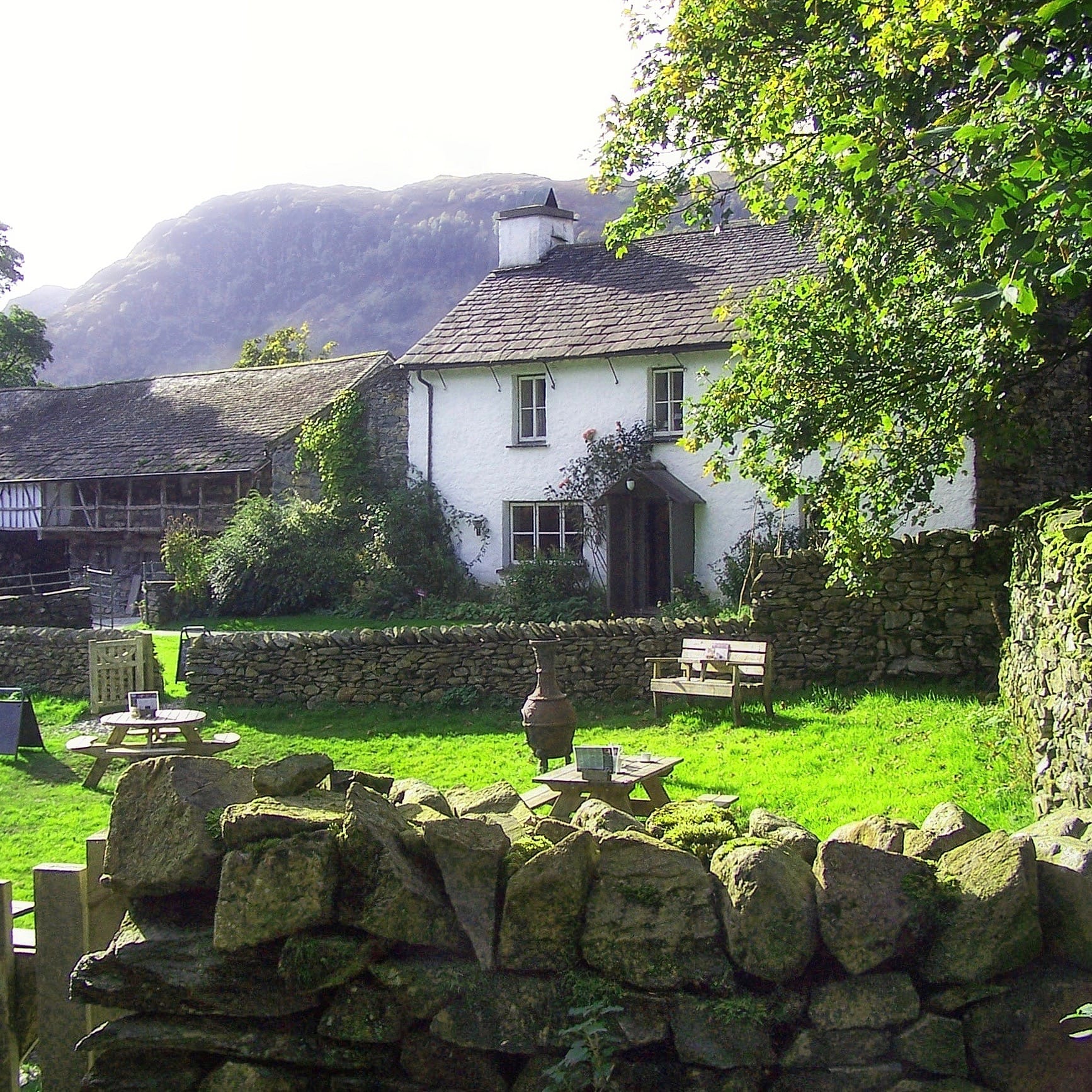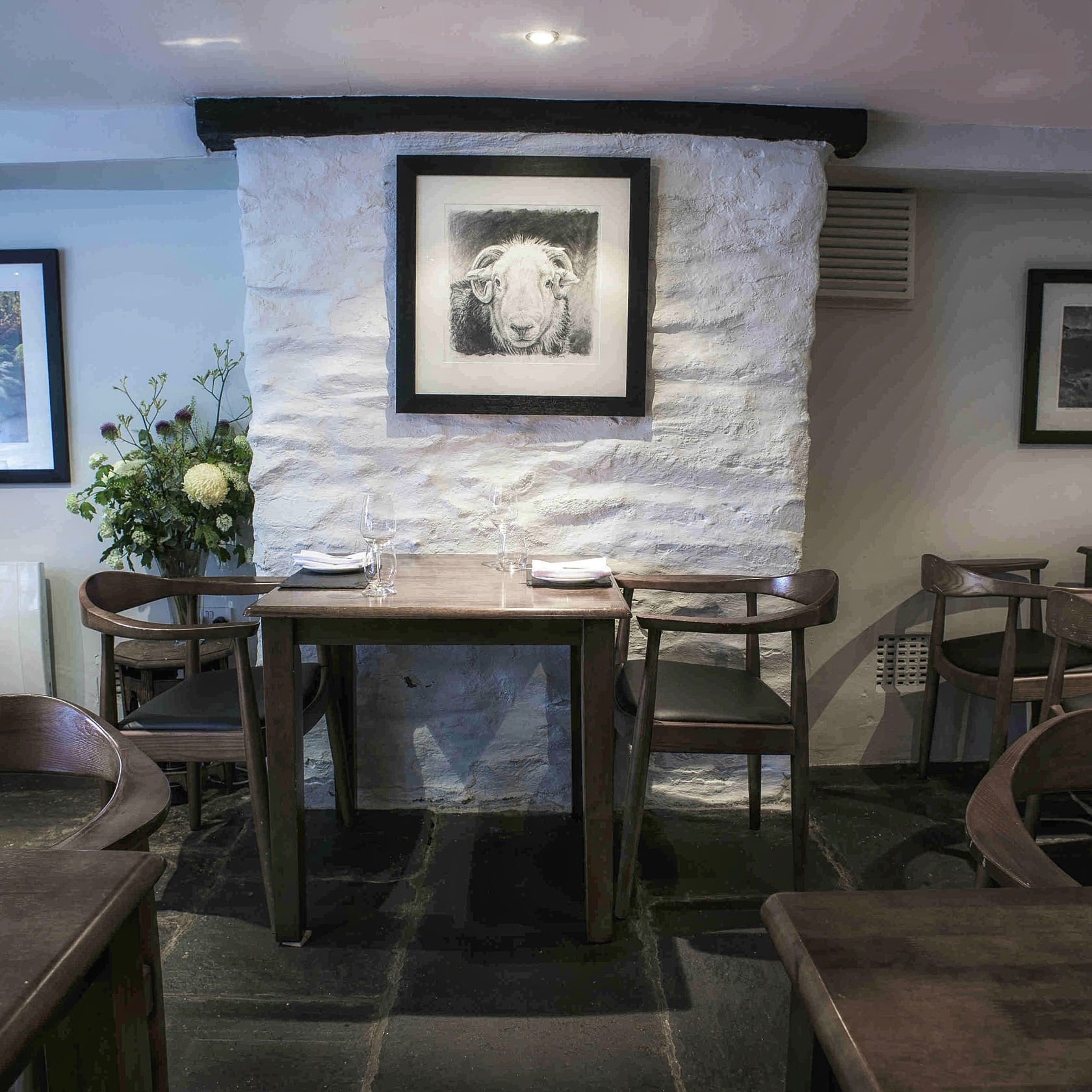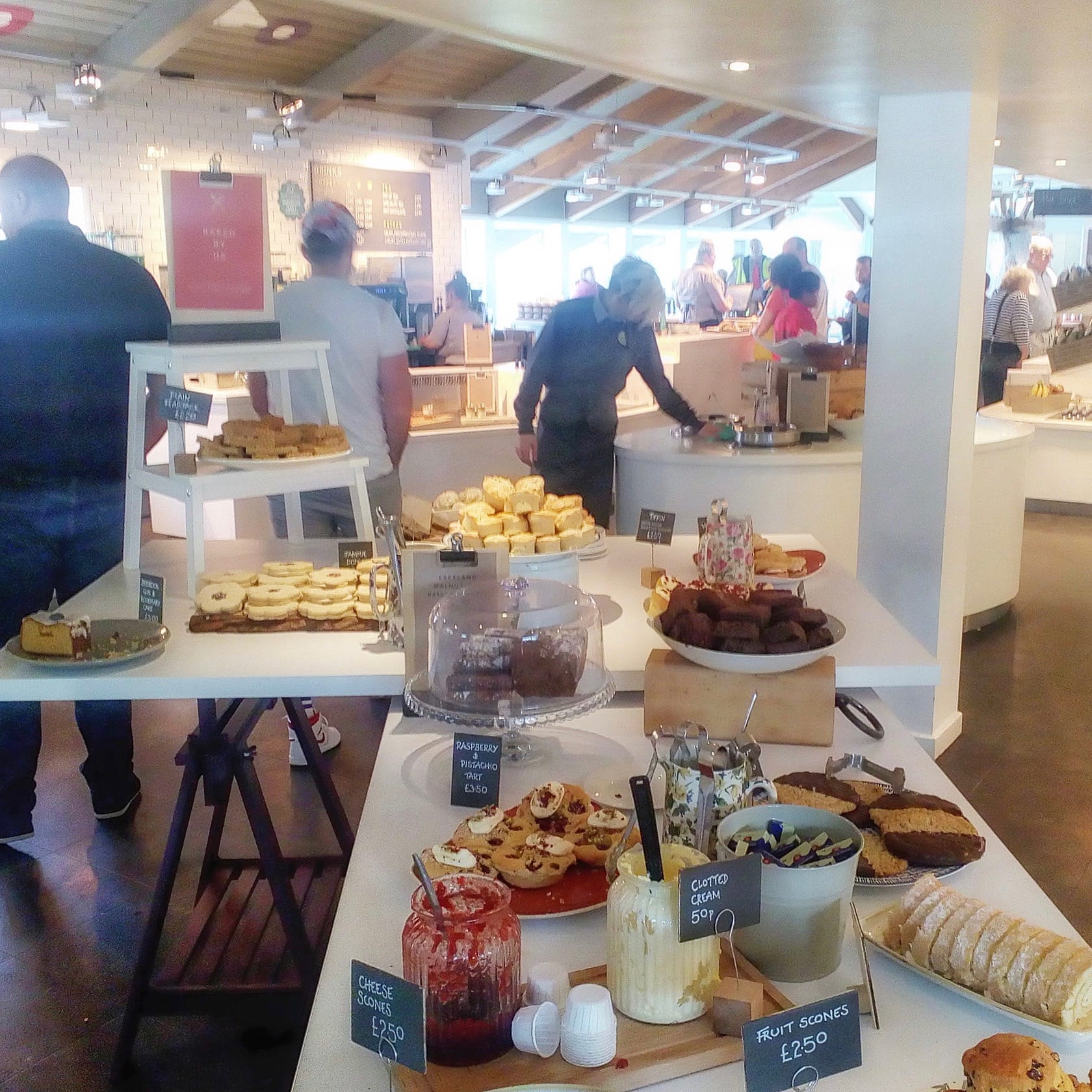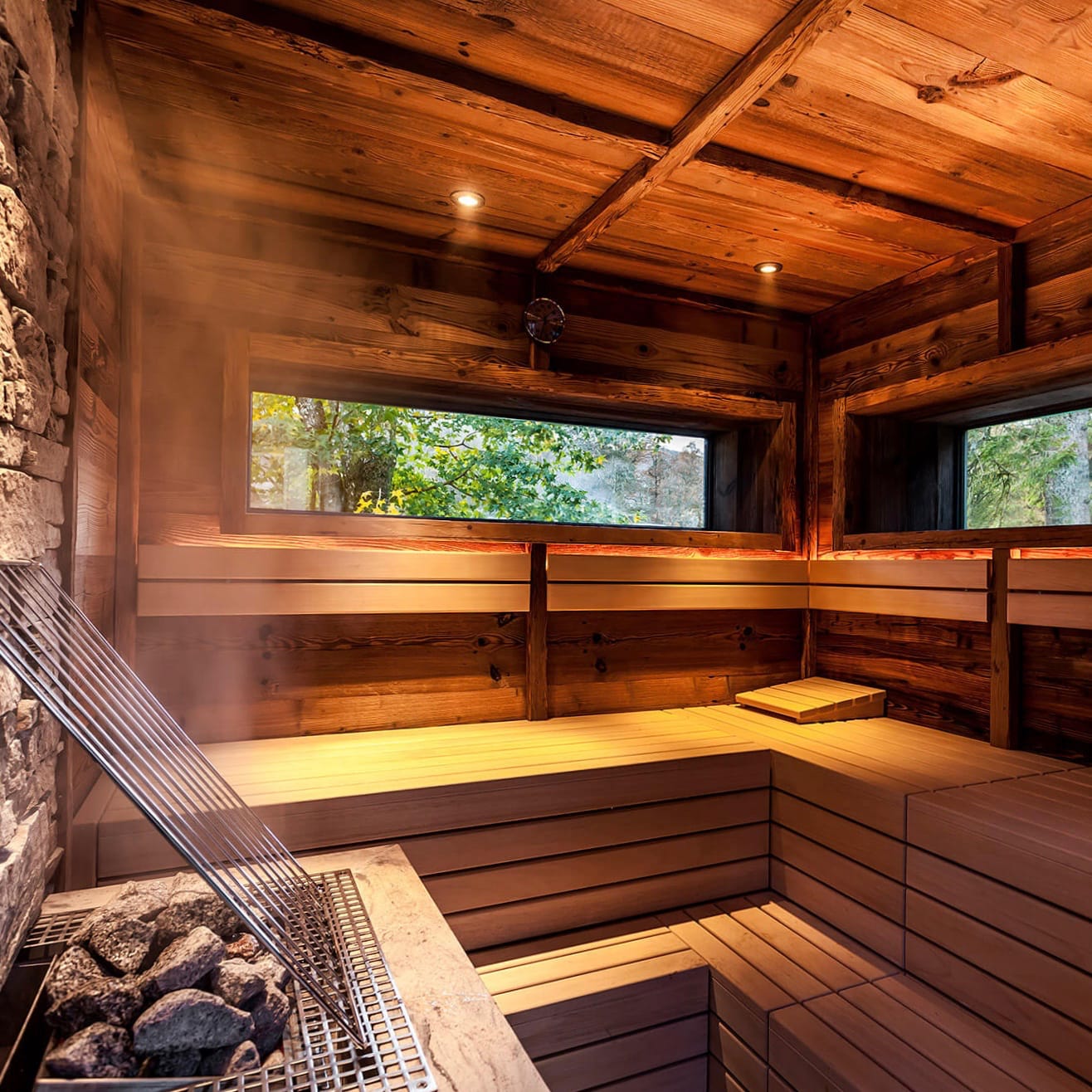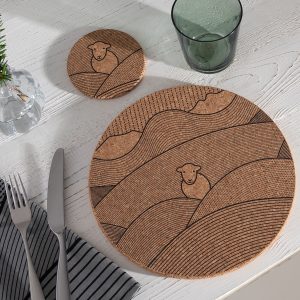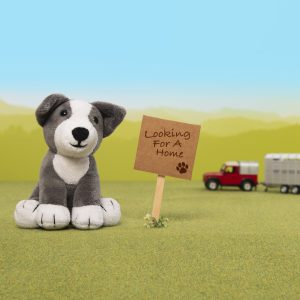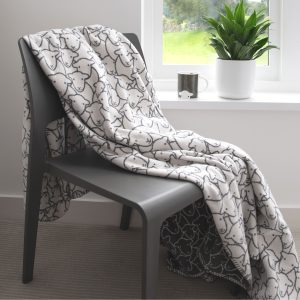Local Business Week is on 13th–19th May!
Small and medium-sized businesses, otherwise known as “SMEs” (small-to-medium enterprises), have a combined turnover of over £300 billion in the UK, making them critical to the health of our country’s economy. In the Lake District, this is especially so. The rate of self-employment in the Lake District is nearly double that of the national average, whilst unemployment is lower at only 1%. Cumbria is a County full of small and innovative businesses.

